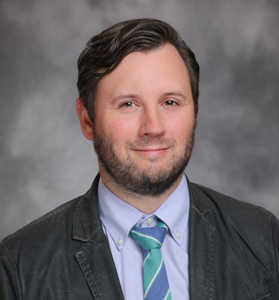Program Information
A Framework for 3D Modeling of Anthropomorphic Lesions in CT
J Solomon*, R Nelson, E Samei, Duke University Medical Center, Durham, NC
TU-C-103-1 Tuesday 10:30AM - 12:30PM Room: 103Purpose:
Realistic three-dimensional mathematical models of subtle lesions are essential for many CT studies focused on performance evaluation and optimization. The purpose of this work was to develop and apply a generic framework for creating such models informed by clinical data.
Methods:
A contrast profile equation was developed to describe the attenuation of a modeled lesion as a function of distance from the center of the lesion in a given direction. This equation prescribes the overall size, shape, contrast, and edge profile characteristics of the lesion in 3D. By adjusting the parameters of the contrast profile equation, the characteristics of a simulated lesion could be manipulated to emulate a realistic lesion. The simulated lesions could further be voxelized at any arbitrary resolution for comparison with real CT data. Using this framework, a trust-region iterative minimization fitting algorithm was developed to generate a library of simulated lesions based on clinical CT data with known lesions. We first identified and segmented liver lesions, lung nodules, and renal stones from clinical cases. The fitting algorithm was then applied to the segmented pathologies. The results were evaluated for realism using an observer study and ROC analysis.
Results:
Based on CT image data from 22 patients; 10 liver lesion, 13 lung nodule, and 20 renal stone models were created. These models were found to have size, shape, contrast, and edge profile characteristics similar to those of real lesions. The observers could not distinguish between real and modeled lesions (AUC = 0.49).
Conclusions:
It is possible to create realistic 3D mathematical models of anthropomorphic lesions in CT images. These models could be instrumental in performance evaluation and optimization of CT systems.
Funding Support, Disclosures, and Conflict of Interest: GE Healthcare, A-56:Optimization of Protocols Employing Advanced Reconstruction Algorithms
Contact Email:


